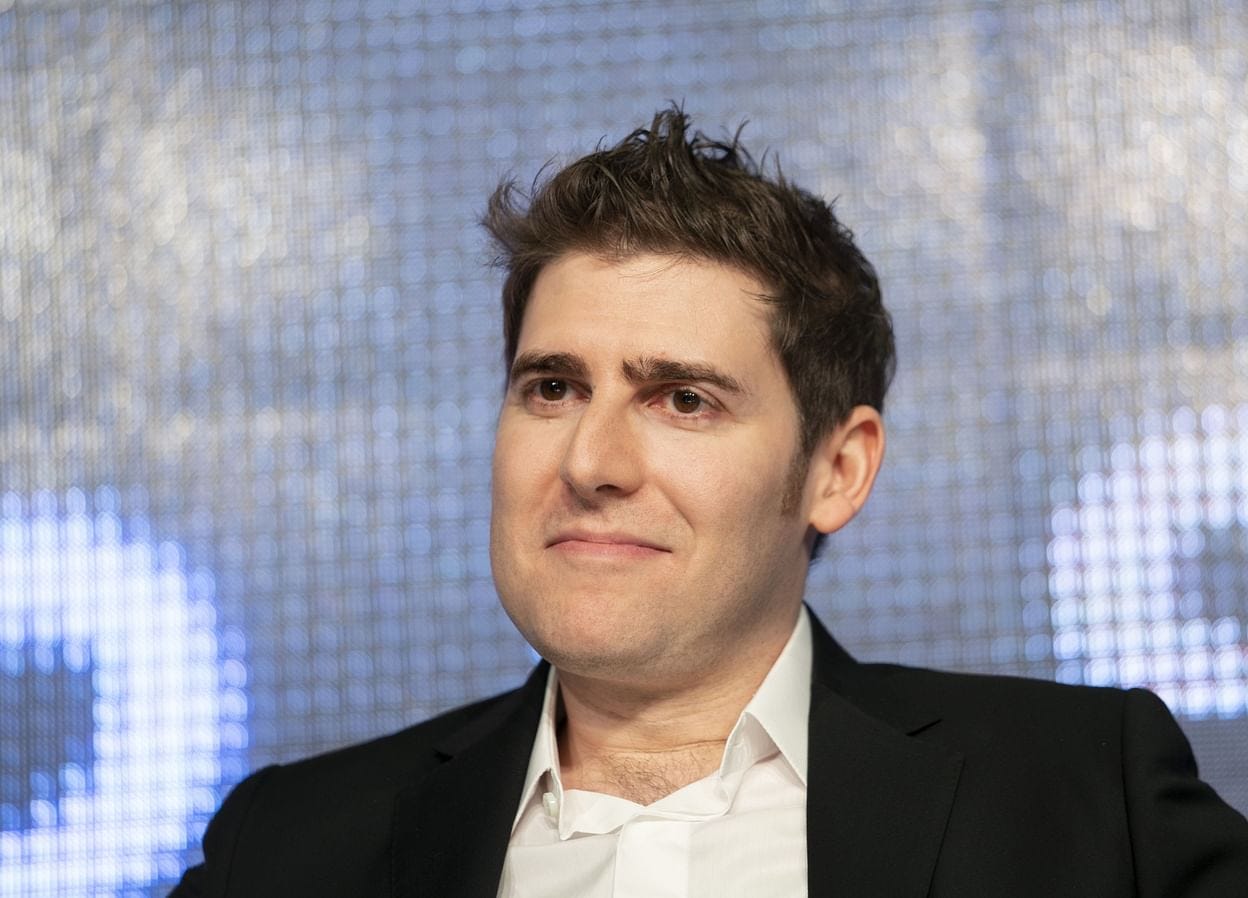Worst Startup Advice Ever: "Always Be Kind & Supportive"
It's neither kind nor supportive to sit idly by watching others walk blindly into quicksand.
With over half a million members, Reddit’s startup subreddit is one of the more popular places on the internet for business advice.
Internet advice has a justifiably dubious reputation. There’s some good information there but it’s always best to check the credentials of the author. My own LinkedIn profile has lots about me and Google has even more. You can search my name at Harvard Business School Publishing. I’ve published a post encouraging people to look at the credentials of consultants.
It’s not surprising that Reddit advice might be fun to read but not entirely reliable. An anonymous business advice community moderated by “reeksofhavoc,” “KingOfDaCastle” and founded by “kishi” isn’t McKinsey.
But there’s bad business advice and then there’s atrocious advice, the dangerous stuff that fuels lawsuits like a plutonium core does nuclear bombs. The /r/startups subreddit rule #8 is about as bad as it gets short of being told to invest your money with Madoff.
Reddit /r/startups Rule #8: Always Be Kind and Supportive
No, The Kids Aren’t Kidding
I stumbled across the rule when somebody asked for advice on dealing with the co-founders of his business which, the author wrote, was doing extremely well. He was willing to give them titles but wasn’t sure about equity. This person claimed he had an attorney on-board.
One of the best ways to kill a promising startup — all but guaranteed to make sure it’s ineligible for financing or any meaningful exit — is failure to address equity issues up-front. She/he’s willing to hand out meaningless titles? These “co-founders” arguably have a claim to equal shares of the business. And, based on what was written, those co-founders are absolutely in a position to assert that claim by threatening to scuttle an investment deal or an exit.
If there was a lawyer on-board she/he is entirely incompetent. No attorney would allow this situation to continue. They’d insist, immediately, that the founders sign agreements. They’d explain this is legal advice as much or more than business advice.
In short, the author’s business is in dire danger and they have no idea.
I told them so in no uncertain terms and also referred them to several firms that will work for equity assuming the company really is growing at a rapid pace which can help get them out of their mess.
The admittedly harsh message wasn’t kindly received. I massively flunked The Mom Test. Or maybe passed it, depending on which way you look at things.
Admins were upset because it was definitely not supportive nor especially kind. But it’s also correct. The naivete and, frankly, arrogance of the author — to think they retained full decision-making authority to divvy out equity in the absence of agreements saying otherwise — has recklessly and needlessly endangered the business.
Being kind or supportive would’ve diluted the message. A physician needs to have a good bedside manner but, if a primary care doctor is reasonably sure a patient has cancer, they must refer the patient to an oncologist, stressing the sooner the better. Their harsh warning might not sound kind or supportive but their goal is to save their patient’s life, not to make a friend.
Friends and mentors need to tell people when there is a problem and the more severe the problem the harsher the message sometimes needs to be.
Oftentimes, in business, the messages people need to hear are tough. I’d rather face a tough message from a friendly than a friendly message from an enemy.
The author who wrote the original message is in far better shape firing his incompetent lawyer and hiring better counsel to address equity issues now rather than when an investor demands it and the co-founders all understand their leverage.
Neither Kind Nor Supportive
It’s easier to be nice than to deliver a tough message. Go on social media and write glowing things about people and businesses and you’ll receive lots of positive attention. Go negative and the love’s just not there no matter how good your advice is.
Still, the very best leaders have a strong reputation for telling you what they think. Let’s check out a couple.
Steve Jobs, the Jerk
It’s an understatement to say Jobs was neither kind nor especially supportive though he identified and nurtured the very best talent.
I knew the QA lead on the original Macintosh development team. Each morning, Jobs would call the various managers to update one another. At one of these meetings, he addressed my friend and held up an error report.
“Can’t reproduce,” said Jobs, bundling up the piece of paper and throwing it at my friend.
Then, another.
“Can’t reproduce.” Bundled up and thrown.
After a few more, Jobs said “you’re wasting the time of my engineers” and, in a fury, told my friend to pack his desk.
My friend walked back, told his team he’d been fired, packed his desk, and went home.
The next morning, Jobs called him from the meeting.
“Where are you?” he demanded.
“At home — you fired me yesterday,” my friend answered.
“Now you’re wasting even more of our time — get here immediately,” shot back Jobs.
Yes, Jobs was being a jerk. But he was frustrated and my friend admitted they could and should have done more to reproduce the errors before sending the reports to engineering. Jobs could and should’ve handled the situation better but he did get the point across that one group’s slacking unfairly stresses out a different group.
Bill Gates, the Polite Guy
Where Jobs was an incendiary flame thrower, Bill Gates had a reputation as a well-mannered, thoughtful, and reasonable communicator.
The closest I heard him being a jerk was at a small conference where somebody was taking flash pictures of his projected slides.
“We announced no photography and there are signs but, besides that, I can cut my own presentation short to explain the physics of a flash photo on a projector will produce suboptimal results,” he said.
There weren’t any more flashes.
Although Gates was polite, he was ruthless.
Gates famously sold IBM an operating system that he didn’t own for use in their new IBM-PC. The story is that in 1980 he then purchased the operating system from a friend for $50,000.
But it’s likely that Gates, a master software engineer, knew or at least strongly suspected his friend, Tim Paterson or Seattle Computer Products, had pilfered part or all of the technology. Specifically, Paterson’s QDOS operating system mimicked the API’s of Gary Kildall’s then-dominant CP/M operating system.
Important digression: Sir Harold Evans researched and wrote about Paterson ripping off Kildall in his excellent book They Made America. Paterson sued Evans for libel that caused him “great mental pain and anguish” despite that Paterson is rich and Kildall died in a bar fight. Paterson lost with Judge Thomas Zilly pronouncing “truth is an absolute defense to a claim of defamation.” Judge Zilly found Paterson ripped off 36 functions and a parameter passing mechanism renaming some (ex: “Read Random” became “Random Read”) but leaving the core functionality the same.
The polite Gates wasn’t done though. During this era, Microsoft was the dominant software maker for Apple computer hardware. In late 1979, Steve Jobs visited Xerox Palo Alto Research Center and reviewed the technology they were working on that included a graphical user interface. Jobs went to work building a similar computer for Apple. He released the expensive and barely functional Lisa computer at the end of 1983 and the vastly improved Macintosh in 1984.
As part of their working agreement, Jobs’ Apple gave Gates’ Microsoft their early hardware so they could write software when it was released. But rather than just write software for the new Macintosh, Gates released a shell of his MS-DOS operating system — the one written from Paterson’s pilfered system — that largely mimicked the Mac. Microsoft Windows was released in 1985 (albeit invented in 1983) and, coupled with horrendous management at Apple, all but killed Mac sales and almost bankrupt Apple.



